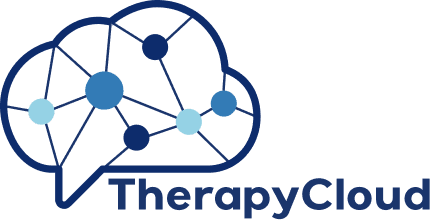Andrew Harwood
I’m a therapist who works with marginalized young adults who feel unsure about seeking help, especially those carrying religious trauma or feeling alienated by mainstream therapy. I’ve been a practicing Druid for 16 years, and my spirituality deeply informs my approach to healing — not as dogma, but as an ecosystem-based way of understanding human life, connection, and meaning. I’ve worked in mental health for several years and bring a therapeutic style that is relational, honest, and grounded. I don’t do pop psychology, quick fixes, or overly clinical distance. I show up as a real person: vulnerable, thoughtful, and willing to be in the work with you. My approach integrates ecopsychology, trauma-informed care, cultural and political awareness, Acceptance and Commitment Therapy (ACT), and narrative therapy techniques — including bardic retellings and story scaffolds for reclaiming your identity and history. I help clients reconnect with their values, their voice, and their place in the wider ecosystem of their life. My core belief is simple: “The world is an ecosystem; live your life to benefit it.” Therapy becomes a space to learn how to do that — not by being perfect, but by learning to trust yourself again.
About
Therapy for the Misunderstood and Marginalized - Trauma-informed, decolonizing therapy for system & faith wounded adults
Information
Licenses
#1
Approach to Therapy
My therapy approach is shaped by three pillars: ecopsychology, decolonization, and relational healing. 1. Eco-Centered Healing I view every person as part of an interconnected ecosystem. Instead of treating symptoms in isolation, I look at how your environment, culture, spirituality, and relationships shape your inner world. Ecopsychology helps clients rebuild groundedness, identity, and meaning after trauma — especially when traditional therapy has felt disconnected or clinical. 2. Decolonization & Cultural Honesty Healing doesn’t happen in a vacuum. The systems around you — religion, culture, politics, family, institutions — all shape how you learned to survive. I intentionally bring those realities into the room. Together we untangle inherited narratives, challenge oppressive frameworks, and develop a more liberating understanding of who you are. 3. Narrative, Values, and Bardic Retelling I use narrative therapy, ACT, and an approach inspired by bardic storytelling. Instead of forcing “positive thinking,” we explore the real story of your life — and then reshape it in ways that honor your resilience and values. Through story scaffolds and metaphor, clients reclaim their agency and rewrite trauma from the inside out. 4. Therapy as Tutoring, Not Hierarchy I believe therapy is relational, vulnerable, and human. • Therapy = tutoring • Medication = the study guide • Life = the test I don’t sit above you or diagnose your life choices. I walk with you, help you practice new skills, and teach you how to trust yourself again. My goal is always to make therapy feel safe, grounded, and accessible for people who have historically been pushed out of mental health spaces. 5. Spiritual but Not Dogmatic Many of my clients are healing from religious trauma, shifting away from Christianity, or exploring new forms of spirituality. I bring my Druidic background not as a belief system to impose, but as a way of seeing the world — rooted in interconnectedness, nature, culture, and justice. Spirituality is available here when it helps, and never required.
